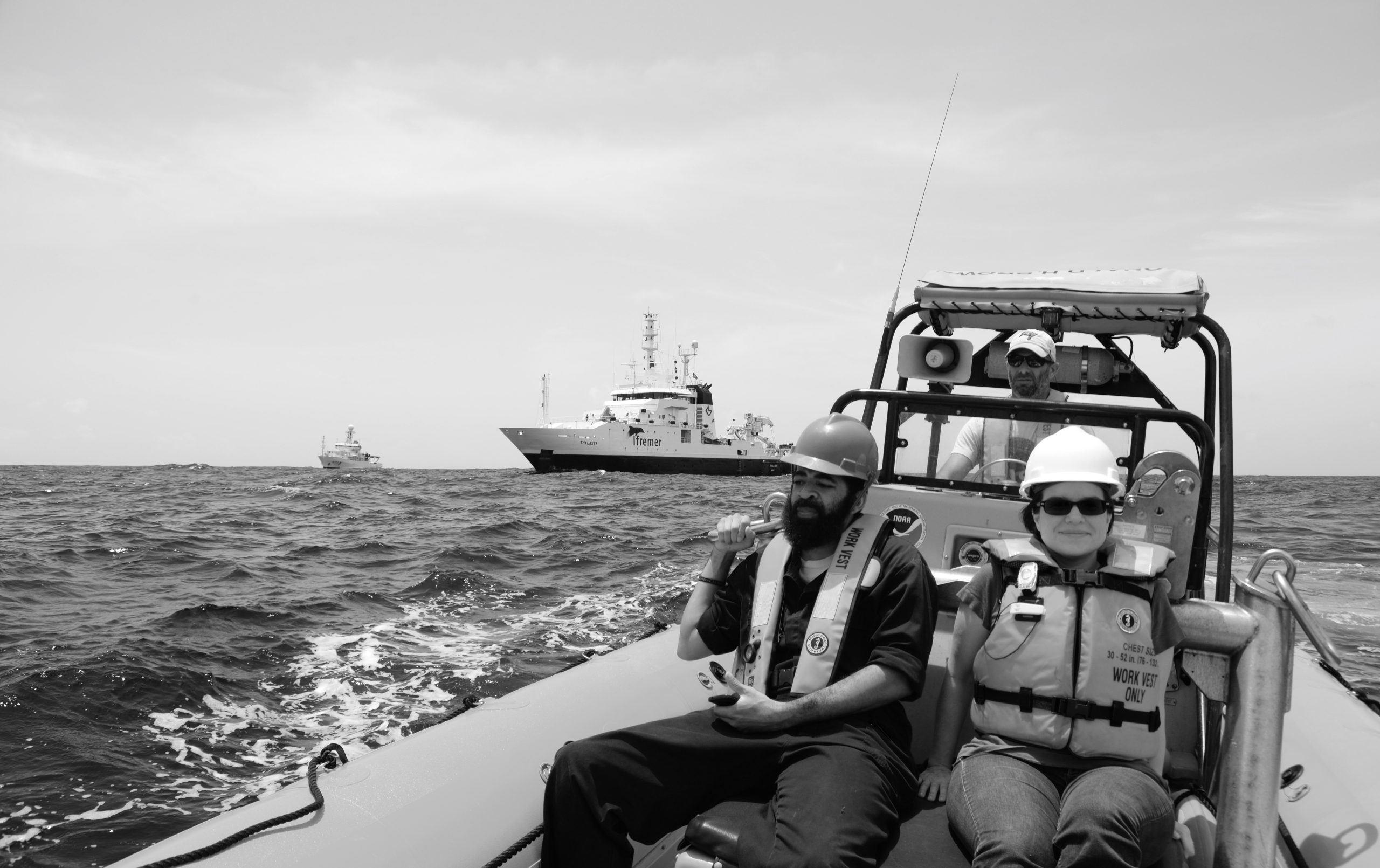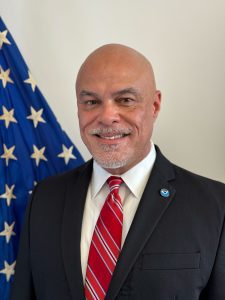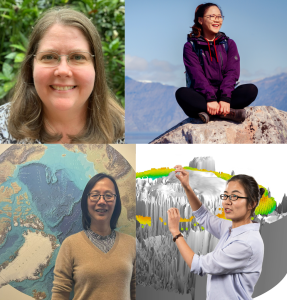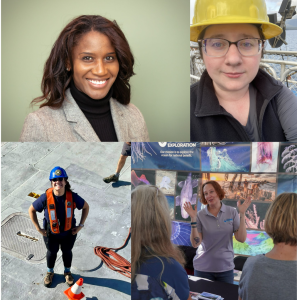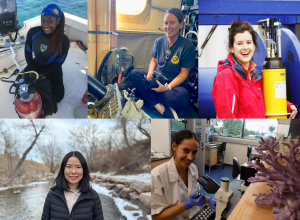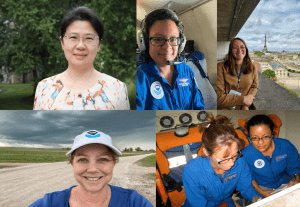Renellys Perez is a physical oceanographer at NOAA's Atlantic Oceanographic and Meteorological Laboratory (AOML). She co-leads AOML's contribution to the Prediction and Research Moored Array in the Tropical Atlantic (PIRATA) Northeast Extension, and leads the Southwest Atlantic Meridional Overturning Circulation project, both of which are funded by NOAA’s Global Ocean Monitoring and Observing Program.
What drew you to your current career or field?
My love of math and physics, fondness for the ocean, and desire to study observable phenomena (even if you need a satellite to observe it).
What is your typical day at NOAA like, and how has the pandemic changed your typical work day?
A typical day involves attending meetings, working on new research ideas, mentoring the early career scientists I work with, exchanging ideas with colleagues, answering emails, and planning for future research cruises. The pandemic has removed the face-to-face interactions, but it has given me opportunities to attend meetings held in other program offices and cities that I wouldn't normally be able to attend because the meetings are all virtual now. Planning future research missions six months to a year in advance already involves a lot of moving parts, and planning cruises during the pandemic adds more complexity and uncertainty.
What were some of the challenges you faced this year? Have you been able to adapt and if so, how?
Teleworking with family over the past year has had both positive outcomes and challenges, as well as being worried for loved ones outside of the home. Although the risk of burnout from pandemic-related stress has increased considerably for me, working at home has been a blessing. It allows space for mission critical employees to work in the lab in a socially distant way and reduces my family’s exposure.
There are a lot of growing pains associated with teaching self-directed study skills to our teenager who is attending school virtually, especially since I didn't really learn those study skills until college. Being more present to watch our daughter grow more independent in her education has been an unexpected silver lining.
Have any opportunities opened up by the change to virtual-only work, or any unexpected benefits from working from home?
Yes. I have participated in NOAA mentoring, virtual NOAA leadership training courses, and the Latinos@NOAA Employee Resource Group. I probably wouldn't have participated in some of these activities prior to teleworking. Rather, I sought out these growing opportunities to feel more connected to NOAA while teleworking. I have enjoyed being part of discussions of diversity with NOAA AOML’s diversity committee in a pivotal time in our history, organizing conferences that are 100 percent virtual to continue to do science during this time, and participating in virtual outreach for K-12 students.
Given the drastic changes in work environments, how do you see your workplace changing in the future, or what do you hope will change?
My hope is that we will be allowed and encouraged for the near-term to have a more telework-friendly work environment. This will be very positive for morale, and help us all to reduce our carbon footprints.
Has your idea or definition of success changed in the past year?
I have a kinder definition of success that I learned from parenting during the pandemic. Am I learning, am I growing, am I showing up, am I doing my best in this challenging time?
What gives you hope, either with regard to science, your field in NOAA, or in general?
My colleagues were able to complete a 40-day research cruise on the NOAA Ronald H. Brown in January-February safely and successfully thanks to the shelter-in-place protocols. As more and more of us get vaccinated, I am hopeful that it will become easier to achieve those aspects of our NOAA mission that the pandemic has made challenging.
What do you enjoy most about your work?
Collaborating with early-career scientists is what I enjoy most about my work.
What do you hope to accomplish in the future? What do you hope the future for women in science looks like?
My hope for the future is that our NOAA workforce looks like our country, and that underrepresented groups in science and leadership no longer lack sufficient representation.
What advice would you give to women who are starting out in their careers?
Be authentic because you belong.
